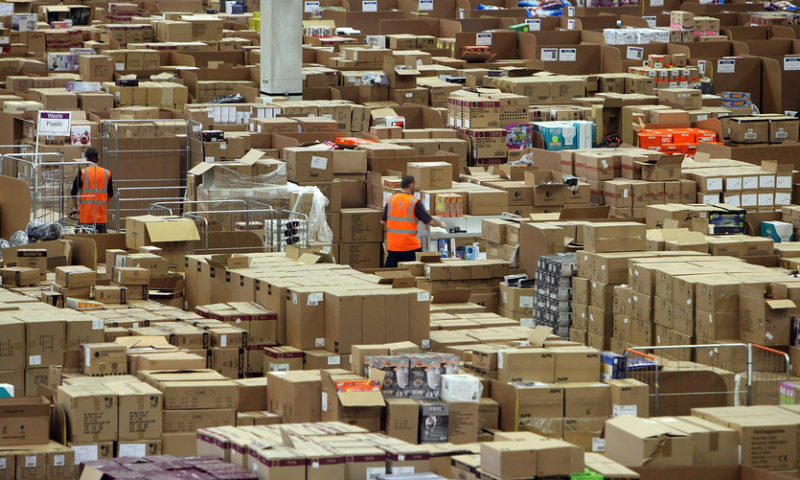4 reasons online shopping costs you more
People aren’t just spending more time shopping online—they’re spending more money, too. Most shoppers— 71%— believe they get better deals online than in stores, but it turns out online shopping isn’t as cheap as you’d like to think.
Clever marketing tactics like free shipping, exclusive price drops, and add-ons can fool consumers into thinking they’re getting the best deal, but we’re here to help you dodge the deceit. Continue reading so you can learn how to avoid overspending on your online shopping this holiday season.
1. Free shipping isn’t really free
A remarkable 88% of consumers say free shipping makes them more willing to shop online, a factor even more critical than same-day shipping and simple return processes. Retailers push you to “spend just $7.67 to qualify for free shipping,” often encouraging you to purchase something you don’t really need all in the name of avoiding those pesky shipping costs. And it works.
But the adage “nothing in life is free” holds true. To offer free shipping, many retailers increase the price of products to cover the expense. This isn’t to say that all free shipping deals are a rip-off—just remember to take free shipping offers with a grain of salt.
2. Bulk doesn’t mean cheaper
One of the most popular tips for living frugally is to buy in bulk, but it turns out that’s not always the cheapest option. When shopping online, you may be tempted to buy the 144-pack of batteries instead of the 12-pack to save money in the long run. Your line of thinking is spot on, but sometimes the math just doesn’t add up.
Often, by using your handy-dandy calculator, you’ll find buying 12 12-packs is surprisingly the cheaper option. True story.
3. Ads target you when you’re most vulnerable
You’ve heard that you should never to go grocery shopping when you’re hungry, right? Well, online shopping attacks when you’re starving (metaphorically speaking, of course). Those wonderful cookies (food again, I know) across the web enable ads to follow you everywhere.
For example, while innocently googling local trails for the upcoming family hike, ads bombard you with deals trying to sell you the latest boots. When trying to find a delicious recipe, ads target you with essential cooking and baking appliances.
And the worst part is that you’re just a click or two away from navigating to the page, dropping the item in your cart, and exiting the online store with a little less money in your bank account. One study found that consumers spent twice as much money online as they thought they had.
With the ease and convenience of online shopping, you need to always be on your toes to avoid unconscious spending.
4. That abandoned shopping cart follows you
You enter the supermarket and get distracted when passing the entertainment department. You pick up the new movie you’ve wanted to see and toss it into your shopping cart. But before leaving the store, you decide you’ll just rent the movie on Redbox instead, and you remove the movie from your shopping cart. The decision is made—out of sight, out of mind.
The same isn’t true with online shopping. Now, if you add an item to your online cart and decide not to make a purchase, the retailer isn’t going to let you forget about it soon. You can expect automated emails reminding you to finish your purchase, push-notifications via apps, retargeted ads informing you of price drops, or limited-time coupons popping up on Facebook. Rest assured, that item will never be out of sight or out of mind.
Despite the potential pitfalls mentioned above, online shopping isn’t all bad. You can find excellent deals on products you want and need – just remember that the price tag might not be as cheap as you think. Now go forth and spend wisely.

